ENOUGH is funded by the European Union’s Horizon 2020 research and innovation programme: Building a low-carbon, climate resilient future: Research and innovation in support of the European Green Deal and coordinated by SINTEF Ocean. Project coordinator, Dr. Kristina N. Widell, explains some of the challenges the project faces and tasks to be performed.
– Many of today’s greenhouse gas emissions are related to the food sector. We must therefore look at solutions that can reduce these emissions. Some of the solutions are easy to implement, for example reducing heat ingress through freezing storage doors, but most of them has already been implemented. What we need now is to identify and develop the more complex solutions, which might require higher investment costs, but will result in lower energy consumption. One key is integration, for example utilising surplus cold and heat. Integration of renewable energy sources, which is subject to many variations, will require new energy storage methods. Thermal energy storage at process facilities can also help to prevent power peaks, which makes electricity costs especially high.
ENOUGH will study almost the entire food value chain, everything from farm gate to consumer, including processing, storage, transport, retail and domestic.
– The food categories we have selected are meat, fish, dairy products, fruit, and vegetables, says Widell.
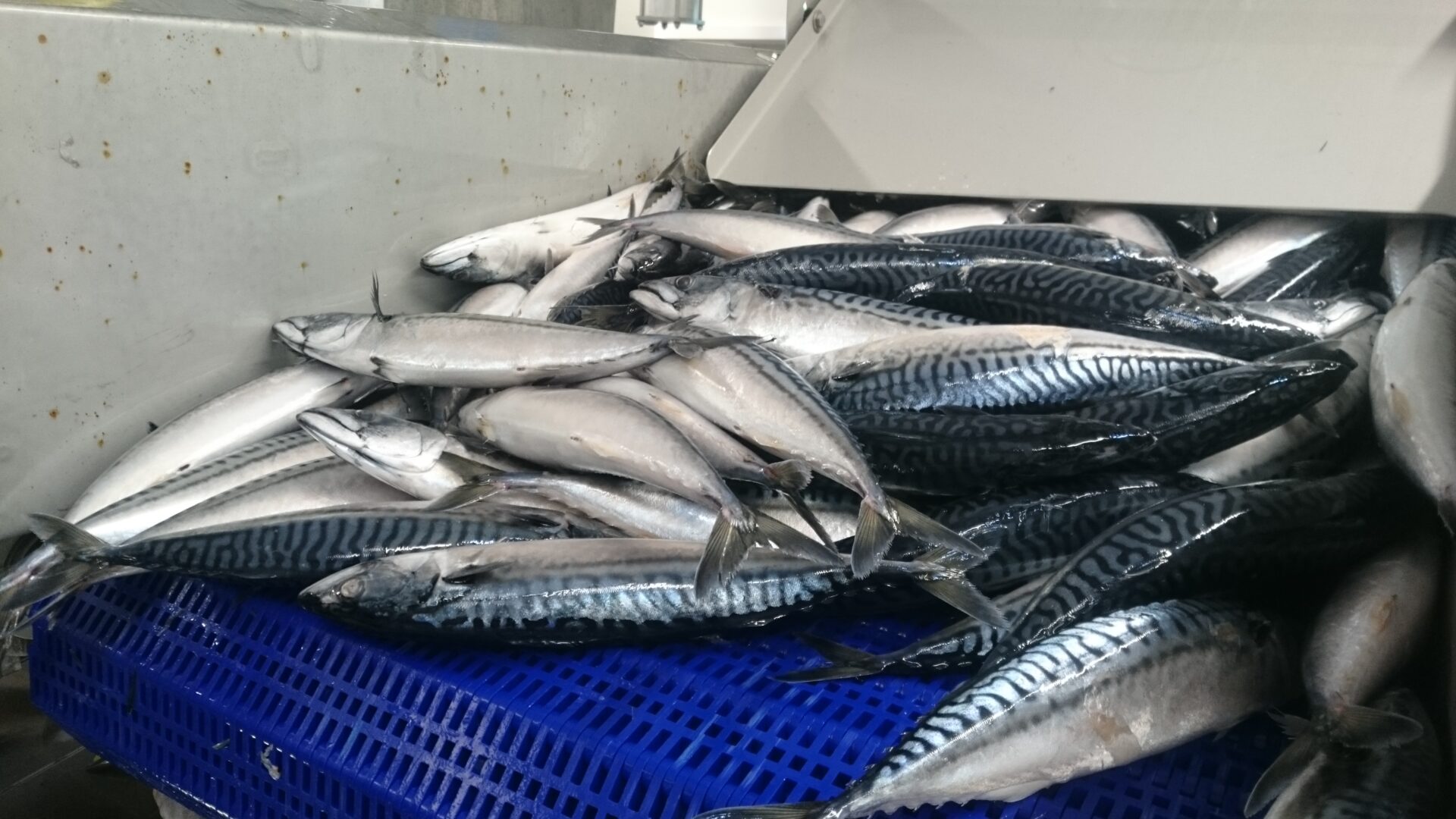
About the project
Food systems are responsible for about 21 to 37% of total global greenhouse gas emissions and there are several challenges to be addressed. Across the whole food chain, approximately 60% of food is refrigerated at some point and it is estimated that 70% of emissions from food are related to perishable food. A very important challenge is therefore to develop and demonstrate solutions to reduce these emissions. Their main source is related to heating and cooling demands within the food chain, but leakage of high GWP refrigerants is another relevant source of emissions.
One part of the project consists of demonstrating new and enhanced innovative technologies in the food supply chain.
– In a collaboration between SINTEF, NTNU and Rørosmeieriet, we will take a closer look and integrate cold thermal energy storage where the dairy can produce and store cold when the electricity costs are low, for example at night, and utilise it during the day when power is expensive, and cooling is essential for the processes. It is like a battery, but you store thermal energy instead of chemical, she explains.
The main scope of the project is to support the EU’s sustainable farm to fork Strategy by providing technical, financial, and political tools and solutions to reduce GHG emissions (by 2030) and achieve carbon neutrality (by 2050) in the food industry.
The focus of the ENOUGH project is to contribute to the EU farm to fork strategy by identifying how the food industry can:
- Reduce GHG-emissions by at least 50% by 2050 compared with 1990 levels.
- Achieve climate neutrality for food businesses by reducing energy use and increasing energy efficiency by 2030.
- Improve the overall integrated sustainability of food systems (including social/health, climate/environmental and economic aspects) whilst at the same time meeting societal goals.
- Increase awareness among policy makers, businesses, investors, entrepreneurs, institutions, stakeholders and citizens of selected innovative systemic solutions and their potential for uptake at EU scale.
The plan adopted by ENOUGH aims firstly to provide information and determine a strong baseline on the food chain for 1990 and 2020 to predict food sector emissions in 2030 and 2050. These predictions consider key factors such as world population trends, climate change, the use and integration of renewable energy systems, consumer behaviour and technological development.
ENOUGH consortium
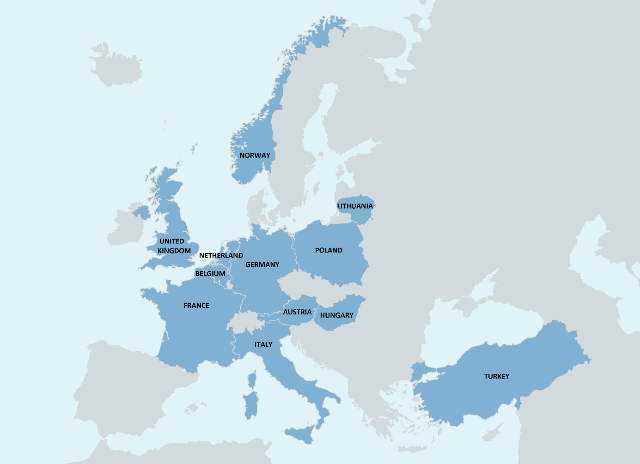
The project consortium includes experts from nine EU countries, the UK, Norway, and Turkey. The consortium is composed of 28 partners with extensive knowledge and proven expertise in the food industry, cold chain management and advanced refrigeration systems and processes. The project is coordinated by SINTEF Ocean in Norway. An interactive collaboration between all partners from research institutes and universities (SO, LSBU, UoB, INRAE, KU Leuven, CNR, TU Graz, NTNU, VMU, SUT ,VCBT, UNIVPM, UGOE), industry (ENEX, ENGIE, Eletica, Campden BRI, VISD, EPTA, Arçelik, Rørosmeieriet, Optiflux, City FM, FrostX, Yeo Valley), associations (ANIA), federations (EFFoST) and organisations (IIR) will be maintained throughout the project to implement, demonstrate, explore and communicate new technological solutions to achieve zero carbon emissions.

This project has received funding from the European Union’s Horizon 2020 research and innovation programme under grant agreement No 101036588.


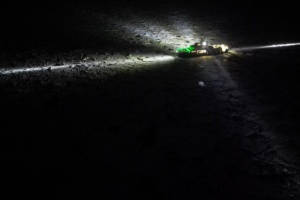
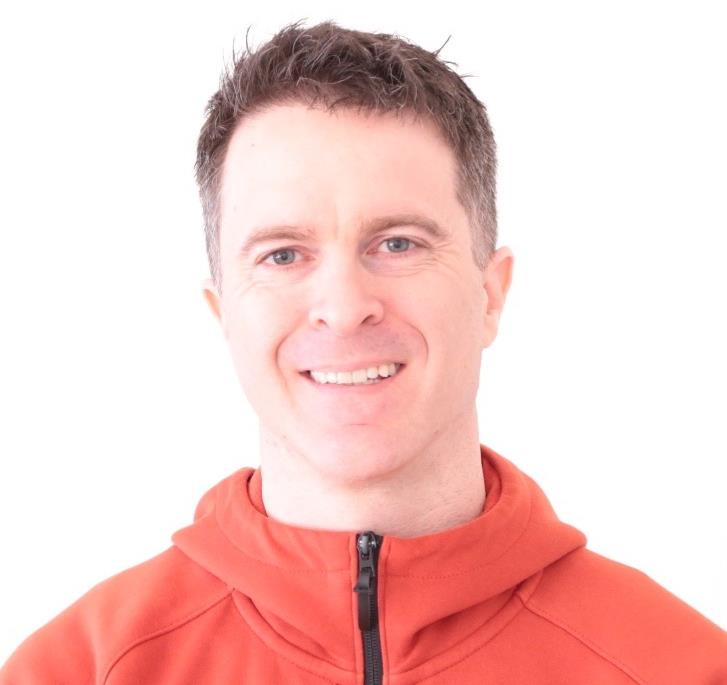
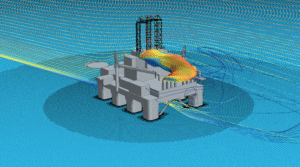
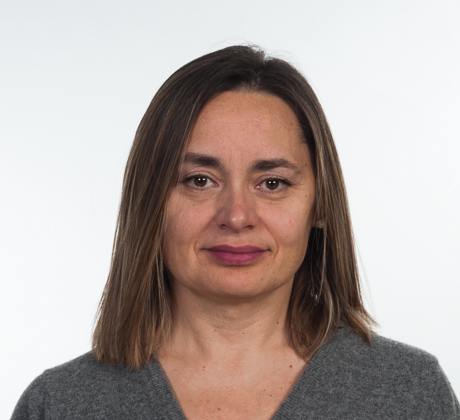
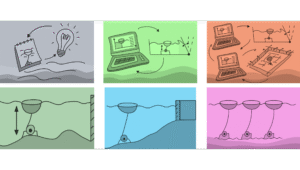
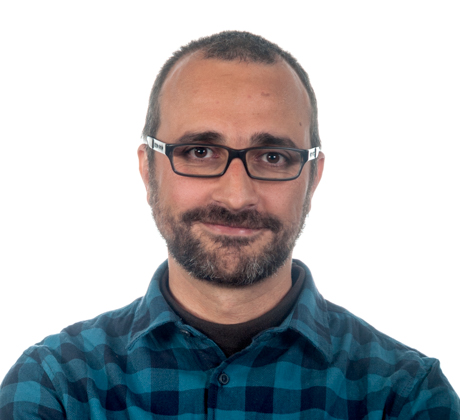
Comments
No comments yet. Be the first to comment!